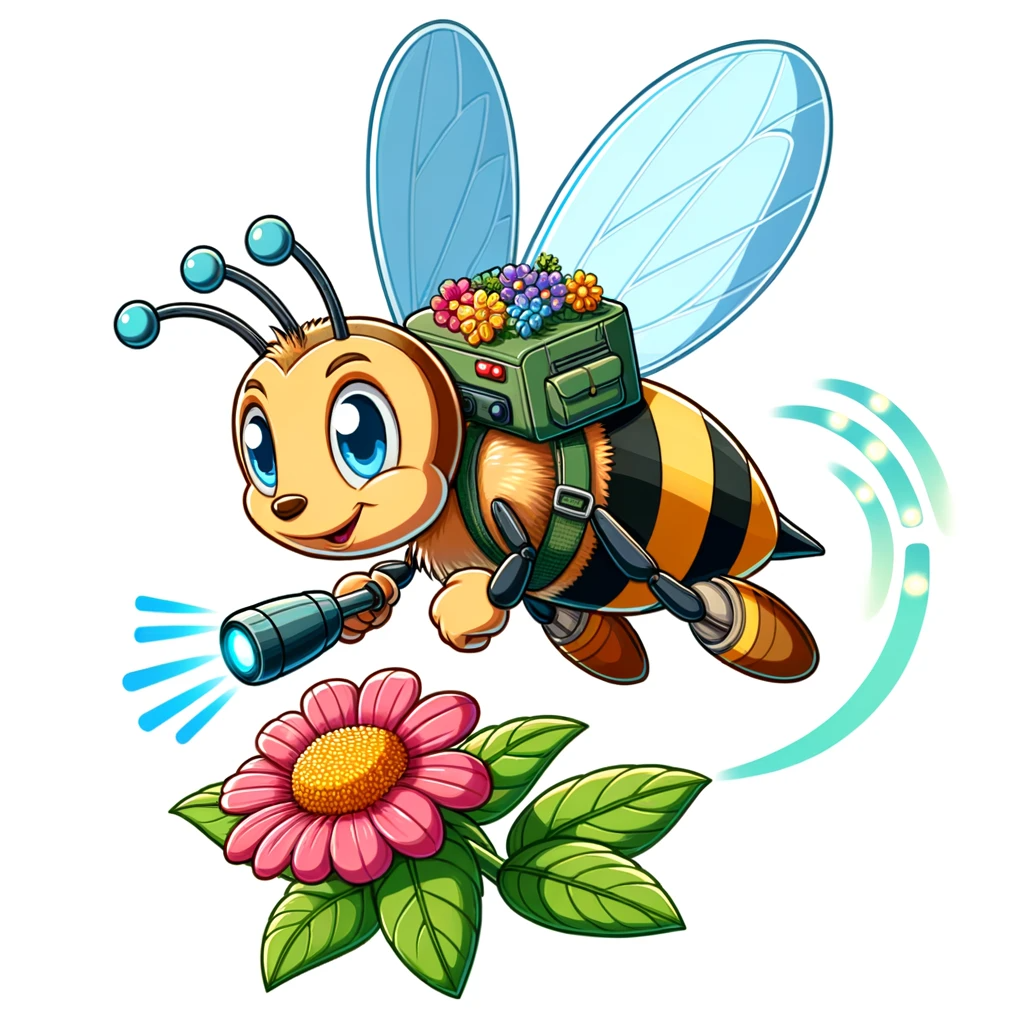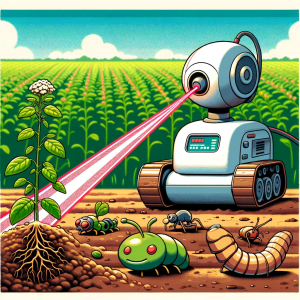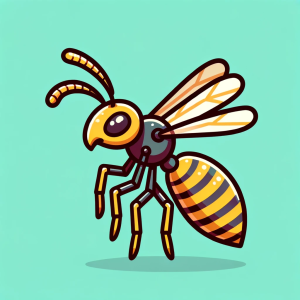
Bee-Smart Farming: Revolutionizing Agriculture with Trained Honey Bees
Imagine a world where our buzzing friends, the honey bees, are not just aimlessly hopping from flower to flower, but are skilled workers, specifically trained to pollinate certain crops. This isn’t a scene from a sci-fi movie but a real scientific breakthrough! A recent article, “Targeted crop pollination by training honey bees: advances and perspectives” takes us into the future of agriculture, where bees are trained to boost the productivity of specific crops.
Making Bees Better Workers
The idea is simple yet brilliant. By training honey bees to recognize and prefer the scent of specific crops, we can make pollination more efficient. This is a big deal, considering that a large portion of our food, including fruits, nuts, and vegetables, relies on pollination. The researchers in this study have found ways to “teach” bees to go after certain plants, increasing the chances of these plants being pollinated.
How Do You Train a Bee?
You might wonder, how do you train a bee? It turns out, bees are pretty smart. They can learn and remember floral scents, and this ability is key to the training process. By exposing bees to a specific scent in their hive, along with a sugar reward, they learn to associate that scent with food. When they fly out, they’ll seek out flowers with the same scent – the target crop.
Why This Matters to Us
For the everyday person, this scientific advancement could mean a lot. Firstly, it could lead to more abundant and affordable fruits and vegetables. If bees are more efficient in pollination, crops grow better, and there’s more produce to go around. Secondly, it’s an eco-friendly approach. Instead of relying on chemical fertilizers or genetically modified plants, we’re simply making better use of nature’s own pollinators.
What’s Next?
While the study shows a lot of promise, there are still challenges ahead. For instance, different crops might need different scent mixtures, and it’s not yet clear how long the bees remember their training. Moreover, this method needs to be economically viable for farmers. Future research will focus on these aspects, but the potential benefits are too significant to ignore.
In Conclusion
Training bees for targeted pollination isn’t just a win for farmers and consumers – it’s a win for the environment, too. As we face challenges like climate change and biodiversity loss, smart solutions like this can make a big difference. It’s a step towards more sustainable agriculture, where we work with nature rather than against it.



